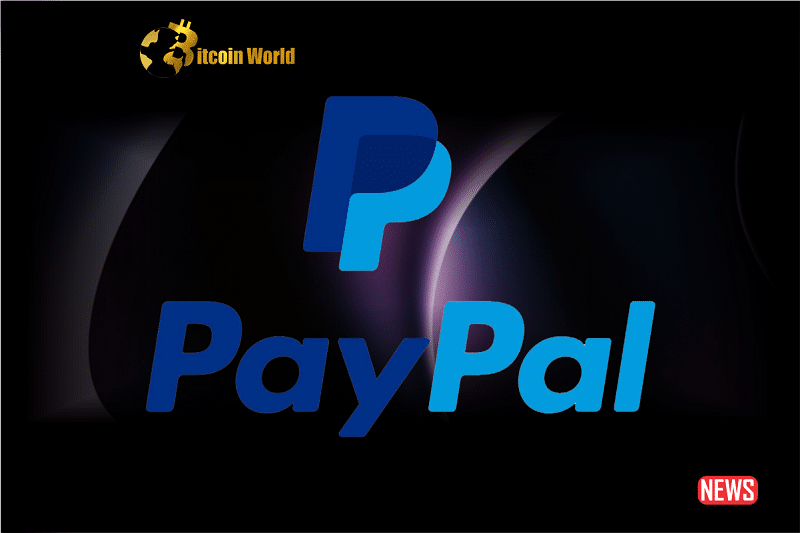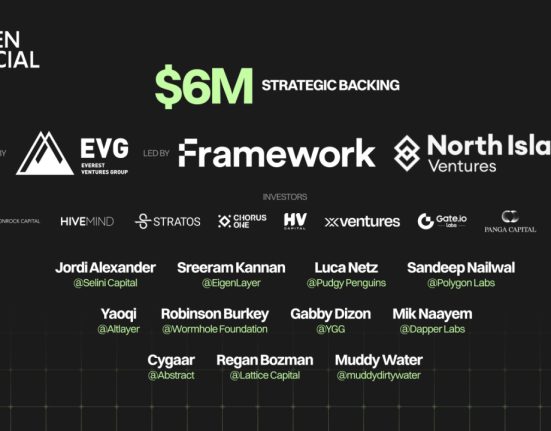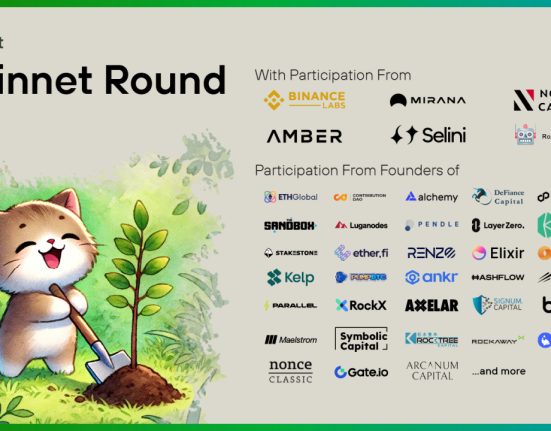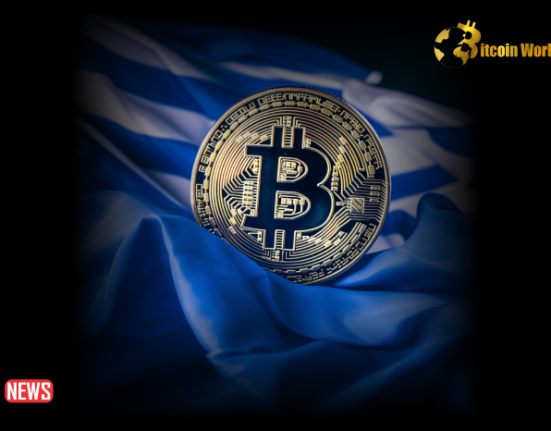Financial payments behemoth PayPal is venturing deeper into the blockchain realm with a keen eye on Layer 2 solutions and non-fungible tokens (NFTs). In recent developments, PayPal’s research and development endeavors have come to light through many patent applications, offering intriguing glimpses into the company’s evolving blockchain strategy.
One such patent application, originally filed in March 2022 but recently unveiled to the public, delves into the meticulous validator and miner selection process for blockchain transactions. This document introduces novel techniques that could steer blockchain requests toward specific groups of miners or validators, enhancing transaction efficiency.
Moreover, three additional patent applications, dating back to March 2022 but unveiled on September 21, have captured the attention of the blockchain community. The first patents explore innovative methods and systems to facilitate off-chain transactions within NFT marketplaces. This paves the way for a seamless and scalable NFT ecosystem.
The second patent application introduces the concept of an “omniverse,” an innovative product designed to span multiple metaverses. In this context, PayPal introduces an “online transaction processor” that tailors digital asset purchase recommendations to the user’s blockchain preferences and interactions within diverse metaverses, further blurring the lines between the virtual and real worlds.
The third patent application outlines another online transaction processor, primarily focusing on enhancing payment efficiency for users and merchants operating across different network layers, including layer-1s and layer-2s. This move could streamline cross-network transactions, fostering greater adoption of cryptocurrencies.
PayPal’s journey into cryptocurrency has steadily gained momentum since its initial foray into Bitcoin trading in September 2020. The company has been extending cryptocurrency services to its global user base, enabling BTC’s seamless sending and receiving through its platforms.
In a significant move, PayPal recently ventured into the stablecoin arena by unveiling its own USD-pegged PYUSD stablecoin. This puts PayPal in direct competition with established stablecoin issuers like Tether. PYUSD, based on the Ethereum blockchain, supports external wallets, simplifying funding and enabling transactions with a wide array of supported cryptocurrencies.
Rumors have also swirled around integrating the PYUSD stablecoin with Elon Musk’s X platform (formerly Twitter), though no official confirmation has emerged.
With PayPal’s growing interest in Layer-2 solutions and NFTs, the blockchain space is poised for further disruption. As the company continues to innovate and expand its crypto offerings, the financial giant’s influence in the digital asset landscape is set to grow significantly. The crypto community eagerly anticipates PayPal’s next moves in this ever-evolving landscape.














